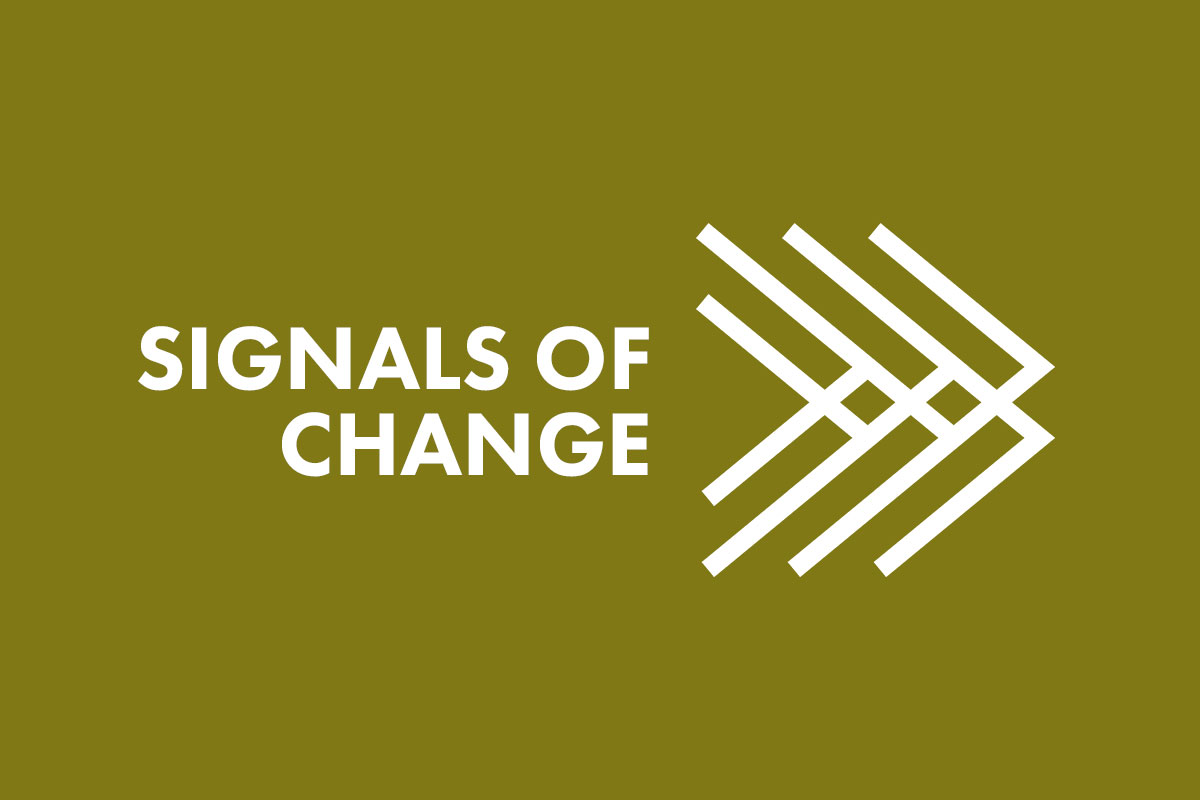Net-Zero Transition – Latest signals of change (17.09.21)
We Mean Business Coalition
Here are just some of the signals of change from the past week, demonstrating the transition to a resilient and inclusive net-zero economy.
Net-Zero Economy
If G20 countries set ambitious, 1.5°C-aligned targets for 2030 and reach net-zero by 2050, warming can be limited to 1.7°C – a huge opportunity to keep 1.5°C within reach, a new report from WRI and Climate Analytics shows. EU commission president Ursula von der Leyen said the EU will commit $5bn by 2027 to support low-income and climate vulnerable countries and called on the US to step up its climate finance contribution ahead of COP26 to send “a strong signal for global climate leadership.” The US and EU plan to commit to cutting methane pollution by 30 percent over the next decade and are lobbying other large emitters to join the effort, to push methane up the agenda ahead of COP26. Companies including McDonald’s, Tesco and Marks & Spencer have called for the UK government to strengthen the environmental bill.
Net-Zero Energy
Climate Group’s RE100 initiative has welcomed seven new member companies including Japanese biotech company Eisai and South Korean materials companies SK ie Technology and Korea Zinc. Beijing aims to double China’s pumped storage hydropower, with last year’s installed capacity of 31.5 GW rising to more than 62.0 GW by 2025 and 120 GW by 2030 to bolster wind and solar energy growth and helping China meet its carbon peaking and carbon-neutrality goals. A new analysis by E3G has shown that the global pipeline of new coal plant projects has dramatically shrunk since the 2015 Paris agreement, with 44 governments having committed to end the construction of coal plants and a further 33 countries having cancelled their projects pipelines since 2015. The UK has announced a milestone subsidy scheme of £265m to support renewable energy developers.
Net-Zero Transport
India’s cabinet approved a $3.5bn incentive scheme for the automobile sector to boost production of electric and hydrogen fuel-powered vehicles and promoting the manufacture of drones. British Airways has operated its first passenger service directly powered by sustainable aviation fuel, partly made from recycled cooking oil, a London to Glasgow flight that the airline said produced 62% less CO2 emissions than a similar journey a decade ago. Air New Zealand Ltd signed a memorandum of understanding with Airbus SE, which hopes to bring a hydrogen plane to market by 2035, to research the impact hydrogen planes would have on Air New Zealand’s network, operations and infrastructure. The UK government plans to have zero-emission ships in their waters in as little as four years, with the introduction of vessels that rely exclusively on green propulsion like hydrogen power, batteries or wind.
Net-Zero Built Environment & Heavy Industry
In the cement sector, Australian materials company Calix Ltd. is creating a subsidiary to scale up its “Leilac” technology that can cut carbon-dioxide emissions from cement factories. UK construction company Buckingham Group Contracting has joined the Business Ambition for 1.5ºC campaign, while UK construction materials company See Group has had its science-based target approved.
Net-Zero Land and Nature
The UN is calling for reform of the world’s $540bn in farming subsidies to help the climate and promote better nutrition. New hybrid coral reef presents effective defense against erosion and wave damage, preventing $1.8bn a year of flood damage in America alone. Nestlé announced it is investing $1.29 billion over the next five years to support and accelerate the transition to regenerative agriculture across its global supply chain. Winner of Mangrove Photography Awards show beauty and fragility of ecosystems, as well as their role in protecting us and the planet against climate change. In Wales, rare birds have returned for the first time in decades following the restoration of local blanket bog habitat, which is even better than rainforests at absorbing carbon dioxide.

